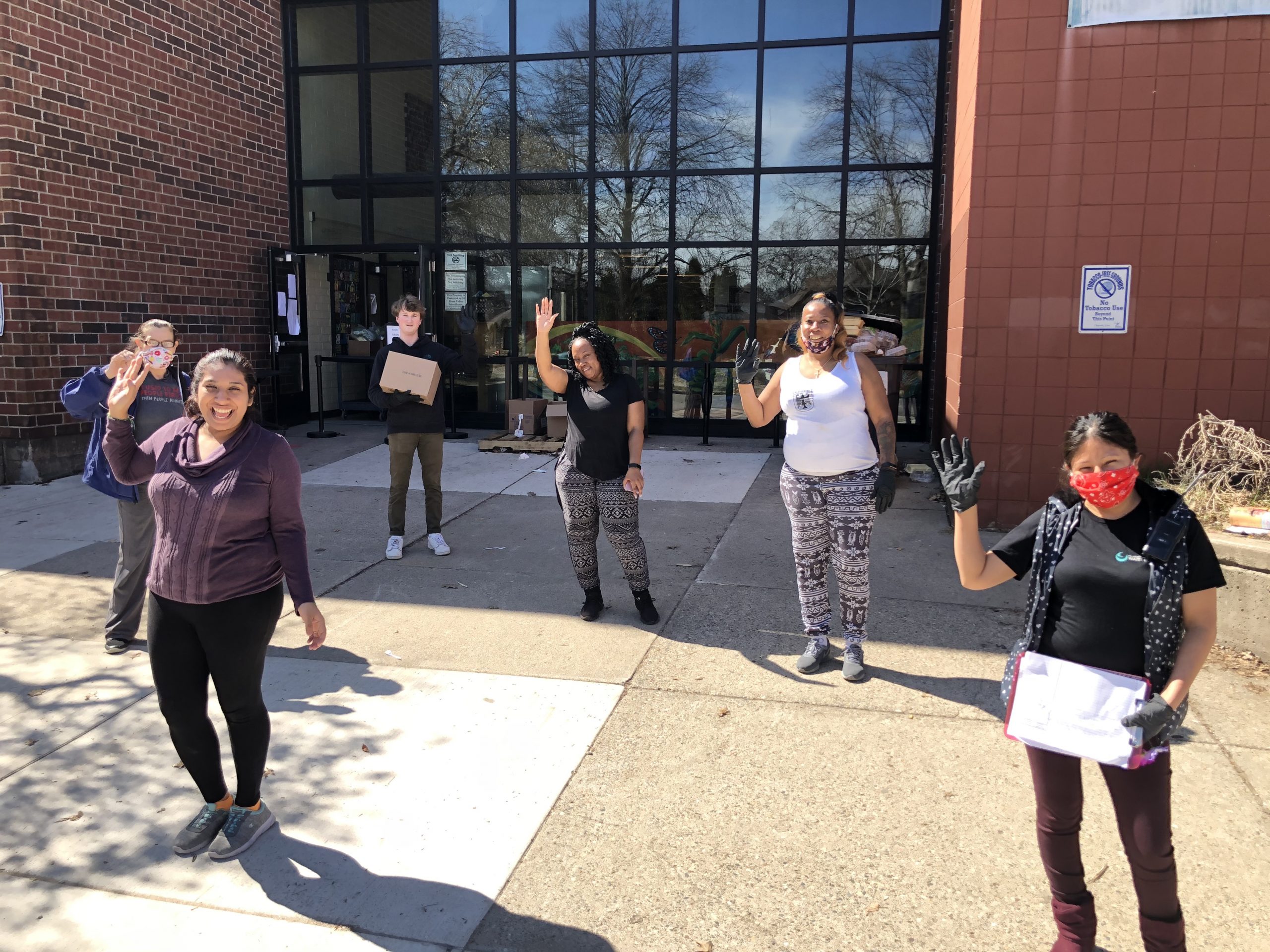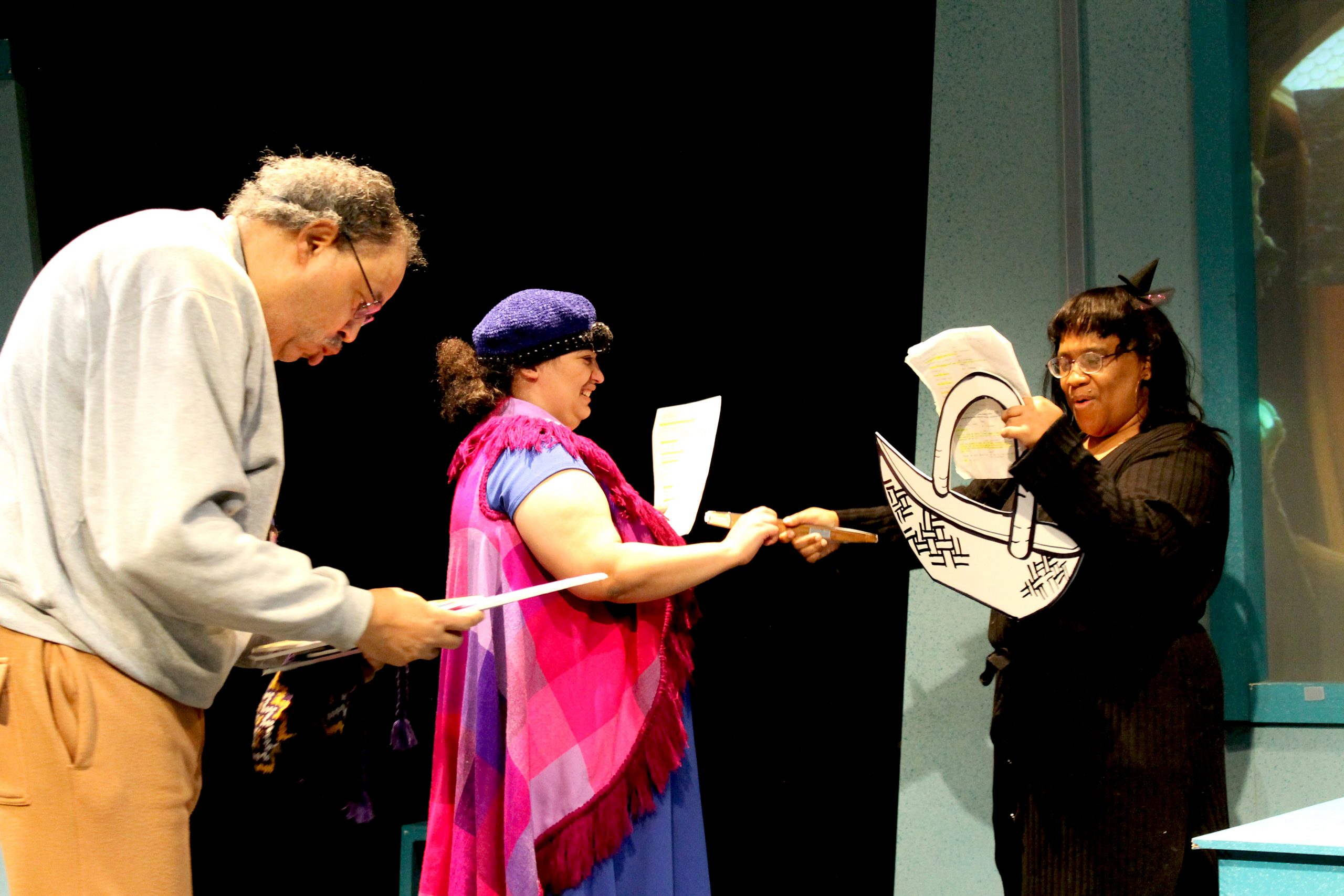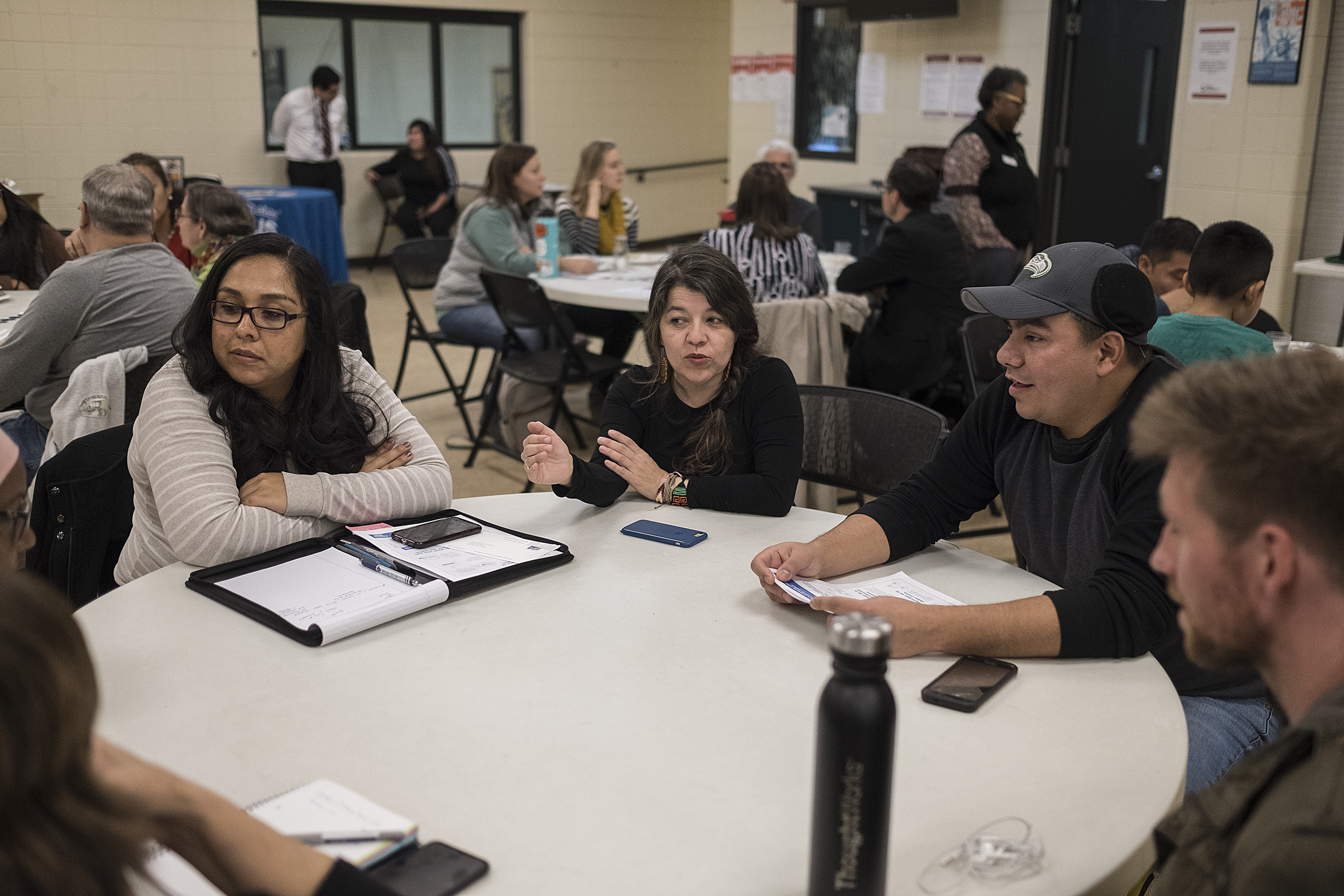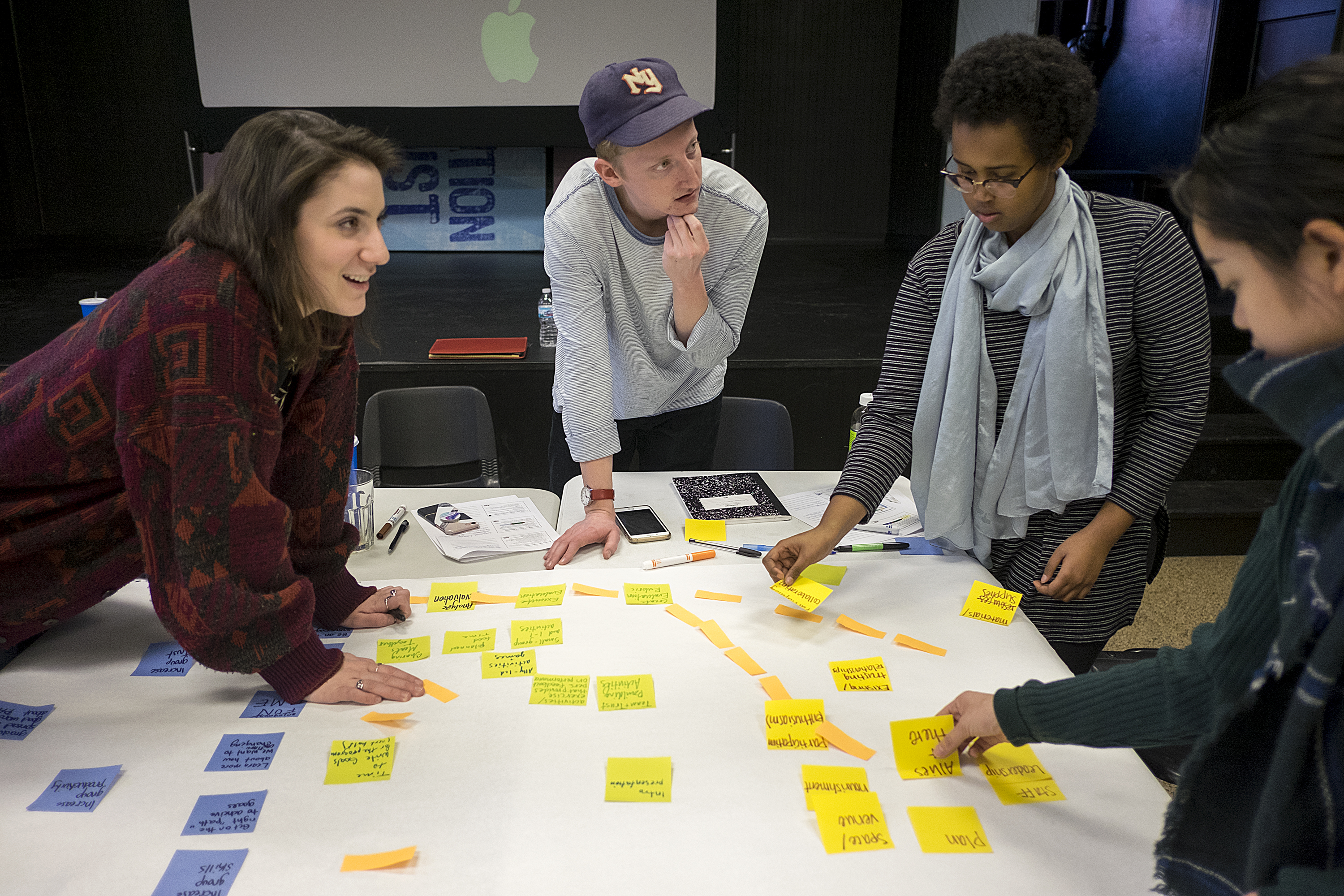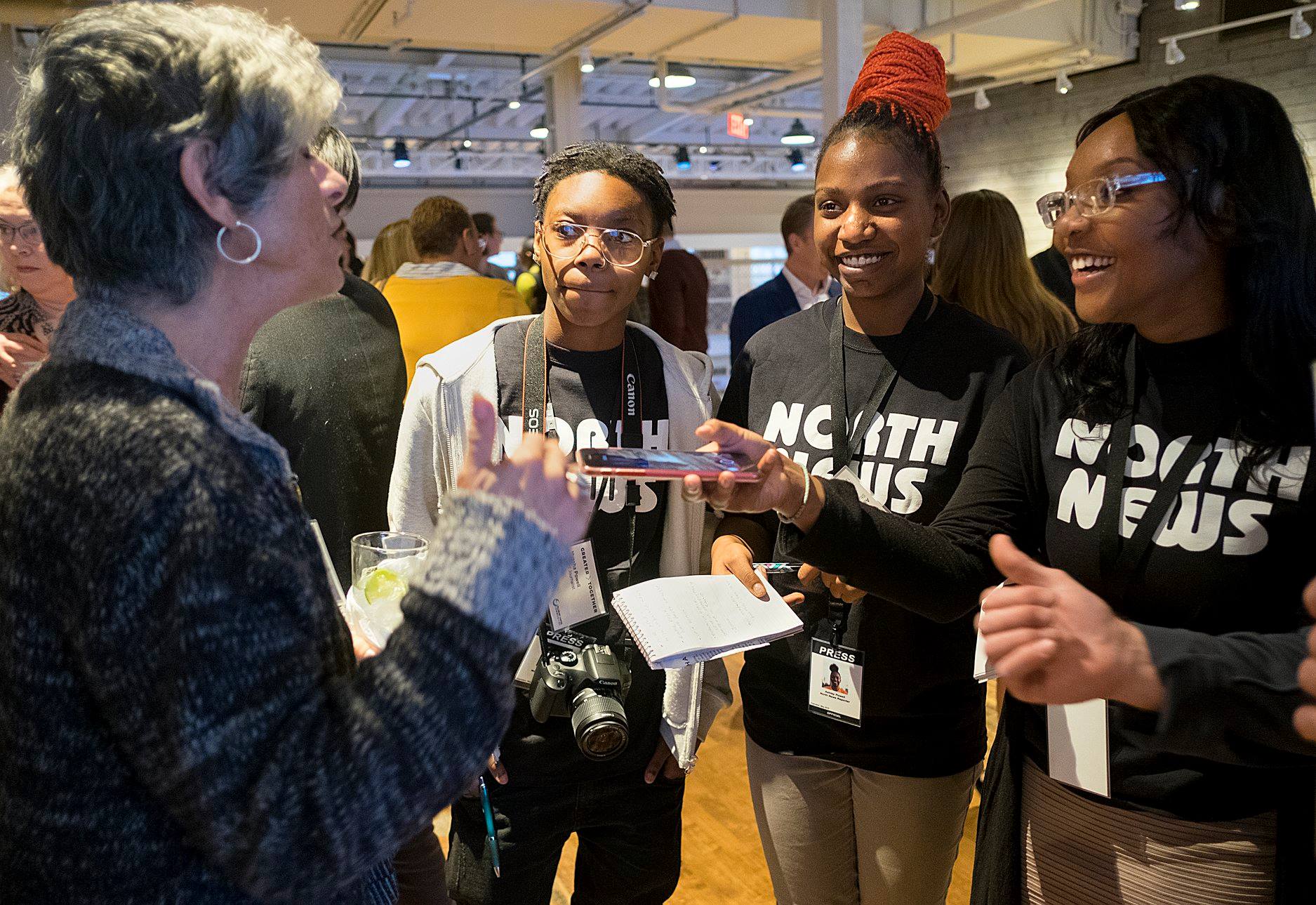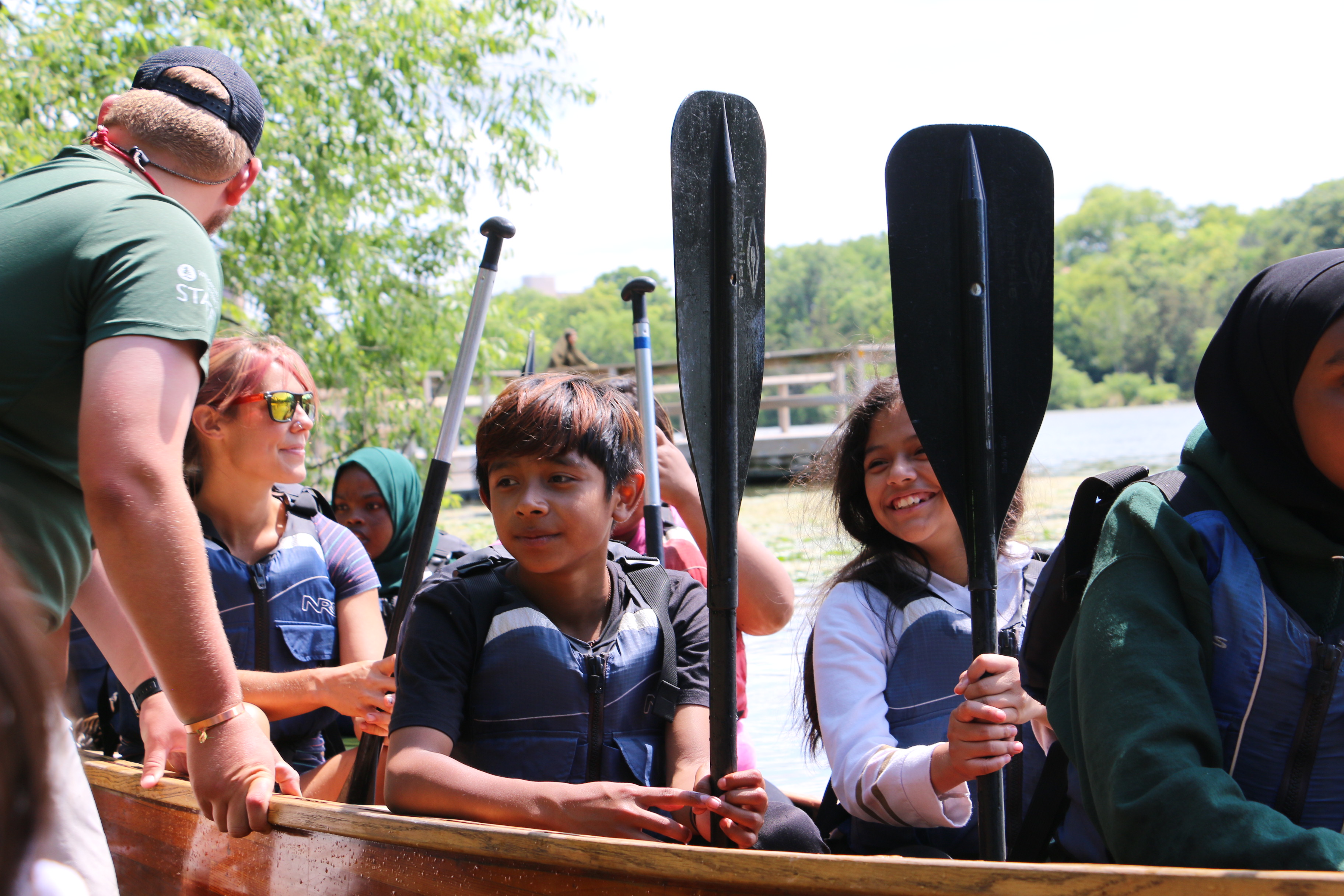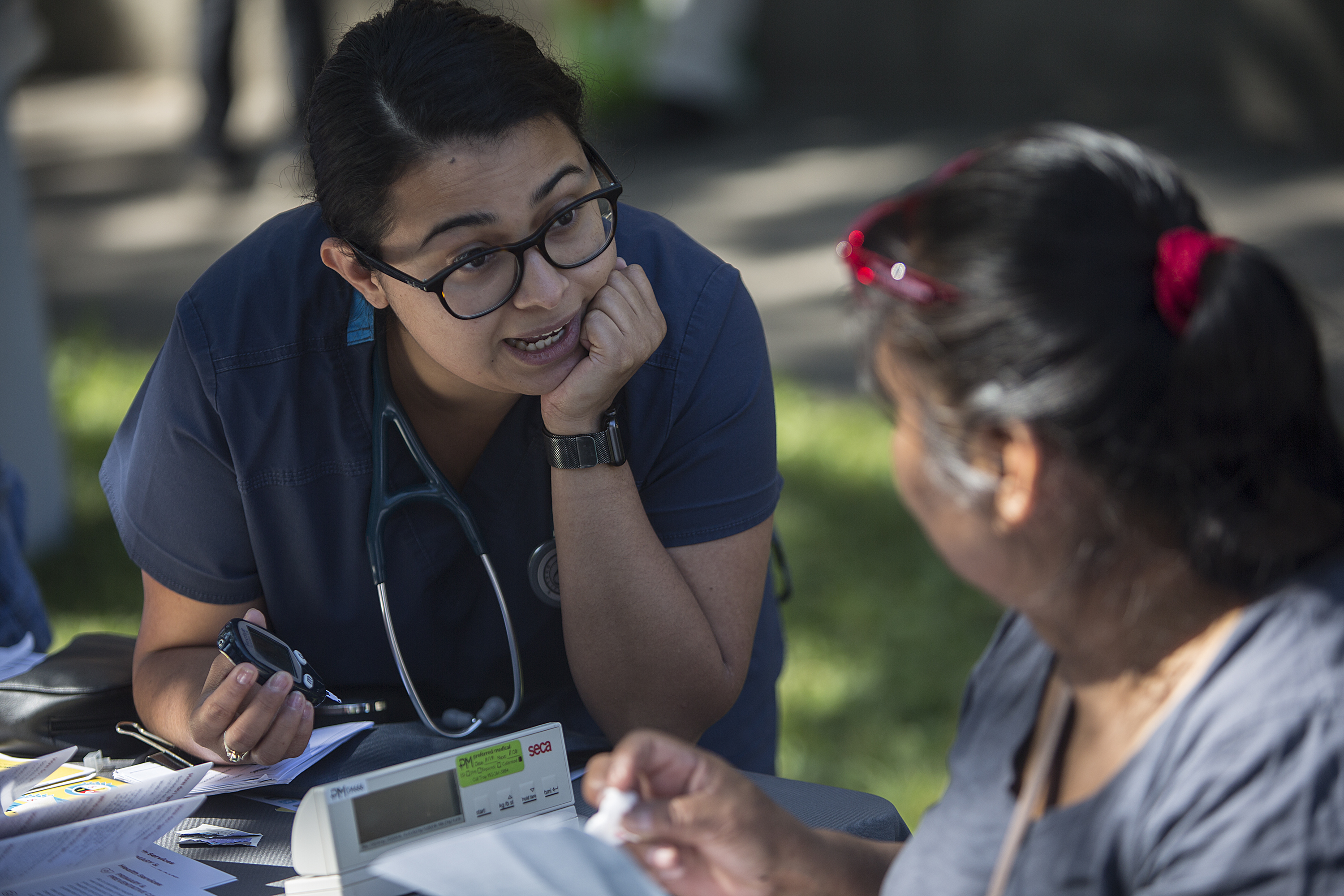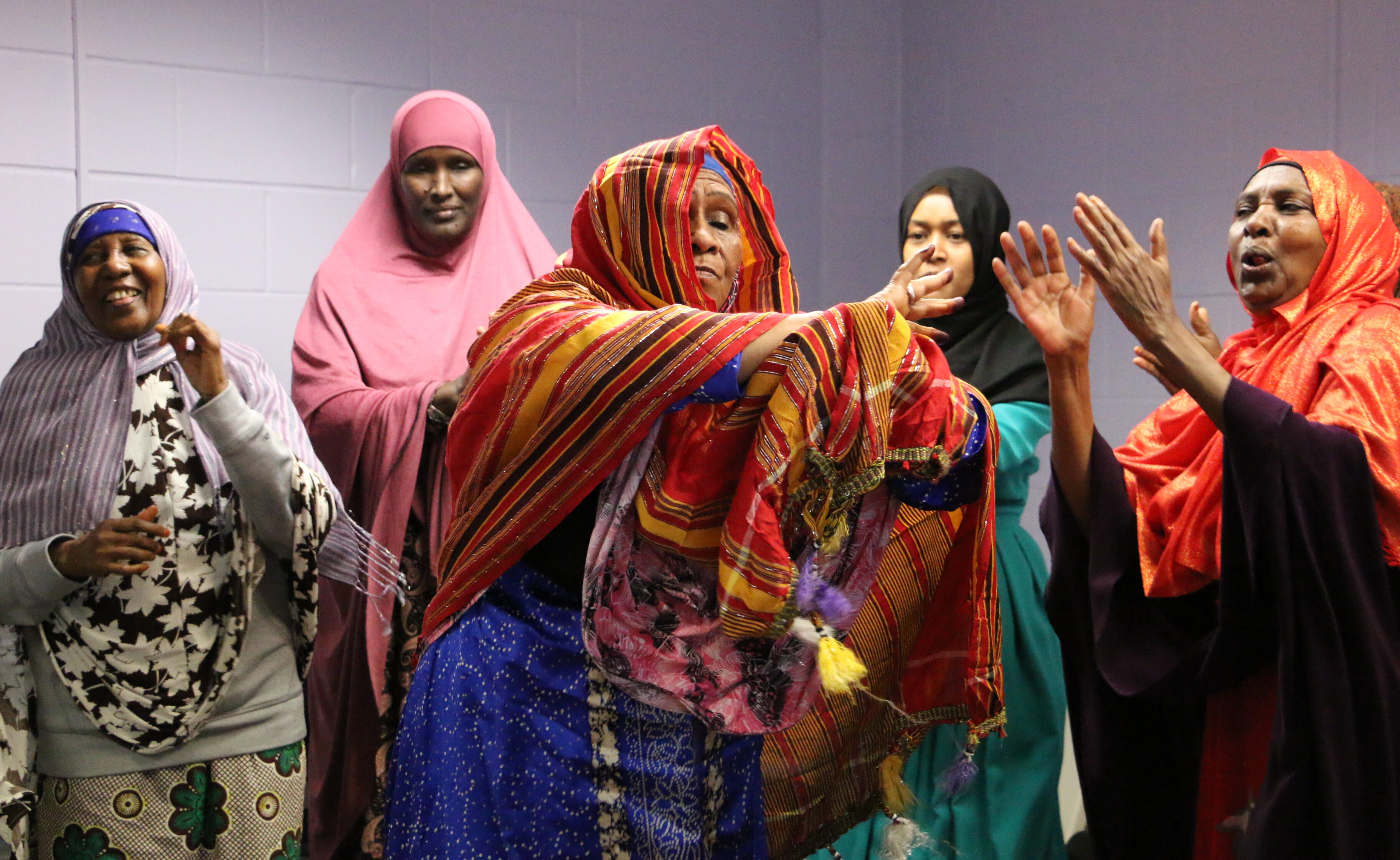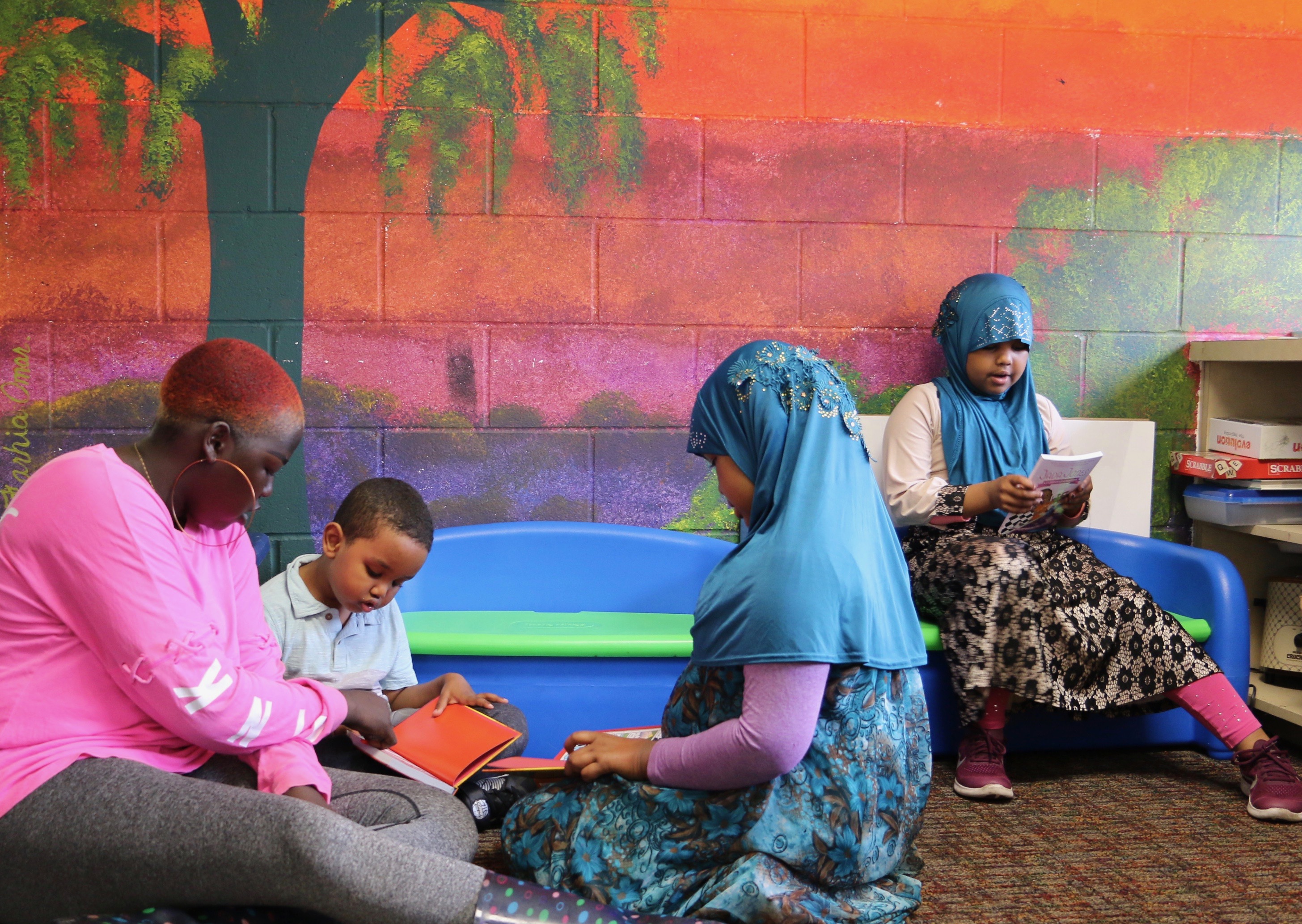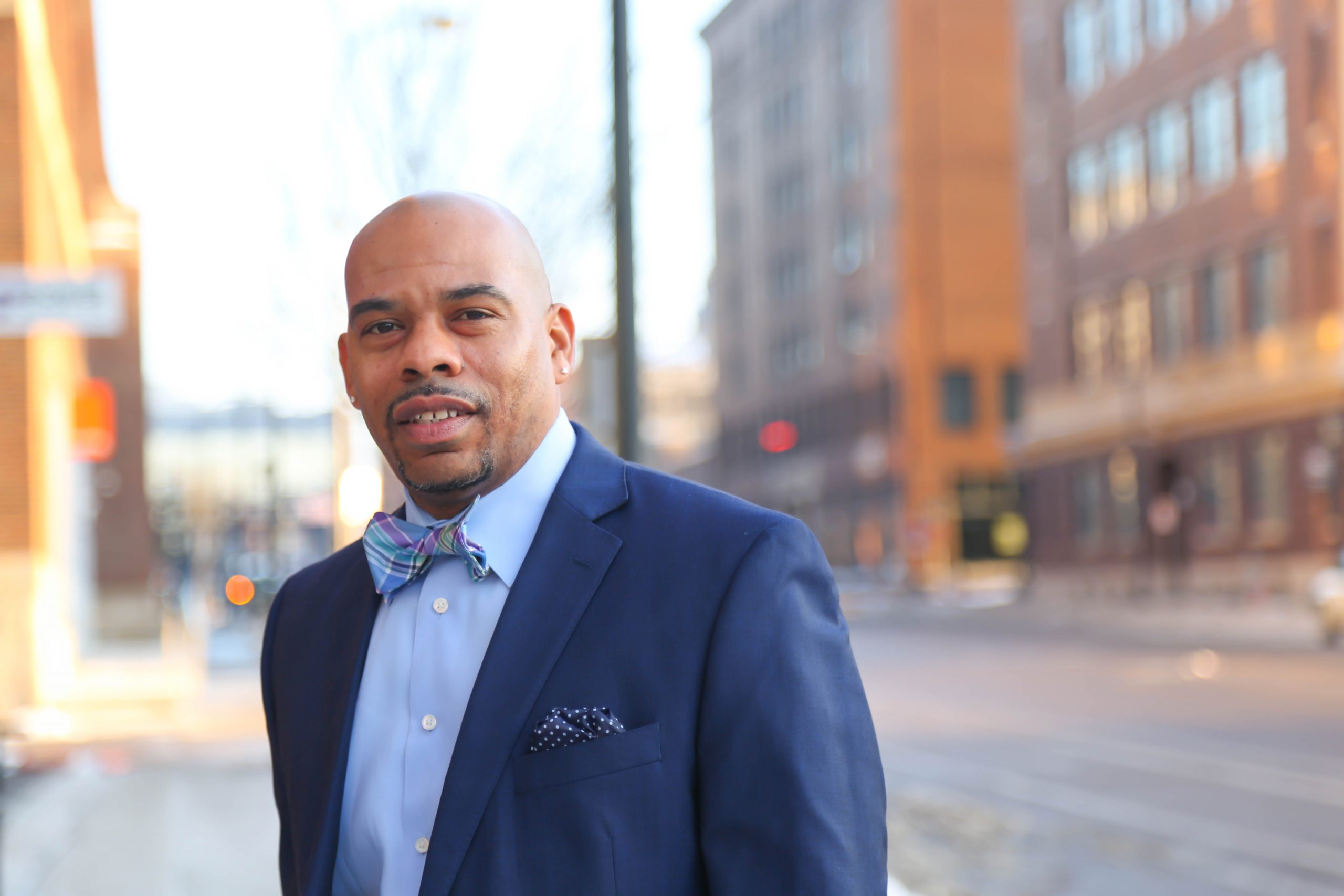
MINNEAPOLIS, Minn. — Pillsbury United Communities has named Harry Colbert, Jr. as the next editor of North News.
Colbert is an award-winning journalist, has contributed as a reporter, columnist/commentator and editor for such outlets as the Congressional Black Caucus Foundation’s The Village, Suburban Journals (St. Louis), St. Louis American, St. Louis Post-Dispatch, Joplin Globe (Mo.), Metro Networks (St. Louis) and KDHX (St. Louis).
Colbert joined Insight News in Minneapolis as a contributing writer in 2010. While at Insight, he has covered Barack Obama on multiple occasions during his presidency, interviewed countless dignitaries and celebrities and won awards for writing and photography. In June of 2016, Colbert was named Insight’s managing editor.
Colbert’s journalistic accolades include four Minnesota Newspaper Association awards (first place for General Reporting, two second place for Columnist and one third place for General Excellence), three National Newspaper Publishers Association (NNPA) Merit Awards (2018 Best Column, third place, 2017 Best Special Edition, second place [as both writer and managing editor] for an edition dedicated to the passing of Prince and 2016 Best Use of Photography, third place, for his coverage of the North Minneapolis uprising following the killing of Jamar Clark by Minneapolis police officers) and three National Association of Black Journalists (NABJ) Salute to Excellence nominations (two for Best Commentary [2018, 2019] and one for Best Business Reporting [2019]).
“We are ecstatic to welcome Harry to our team. Harry intersects a deep commitment and passion for the North Minneapolis community, and we believe he will continue to authentically tell the stories of this resilient place,” said Adair Mosley.
“I’m both humbled and honored to have been selected to lead North News in its next phase of news gathering and sharing,” Colbert said. “Kenzie [O’Keefe] has done an outstanding job piloting the ship in its inaugural phase under Pillsbury United.”
Colbert will begin officially in his role May 11.
Colbert is a proud resident of the Cleveland neighborhood of North Minneapolis.
Colbert replaces Kenzie O’Keefe who will now lead Pillsbury’s policy and advocacy work.
North News is a grassroots print and digital community news source and youth journalism training program in North Minneapolis. It is an independently operated social enterprise of Pillsbury United Communities. North News seeks to deepen understanding, empathy, and appreciation for the Northside through its coverage, expanding perceptions of a place often reduced to a single, negative narrative.
